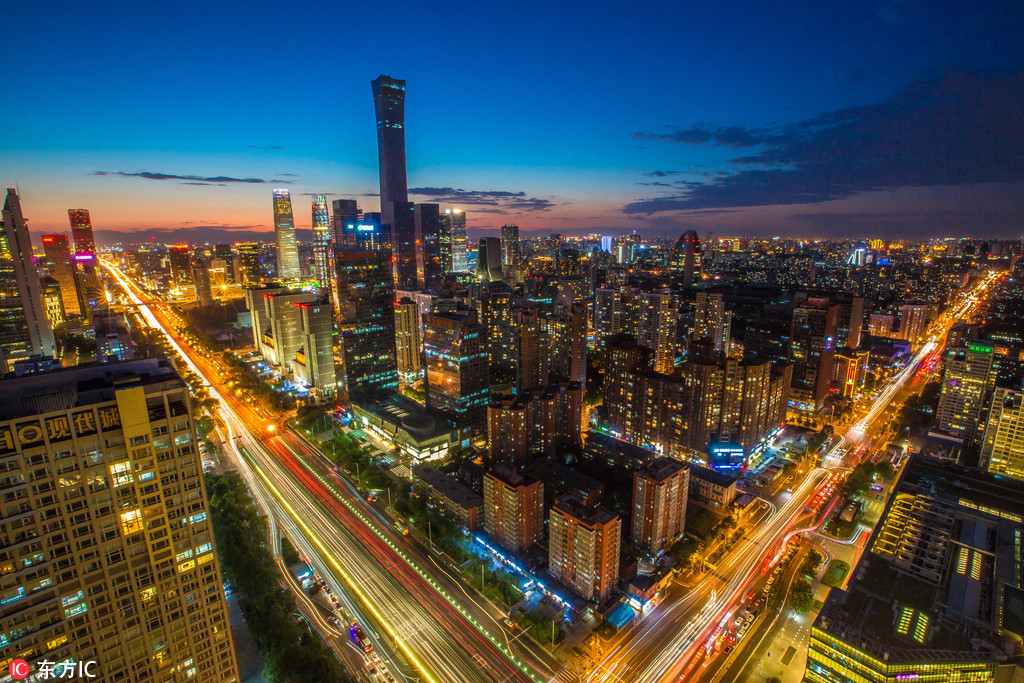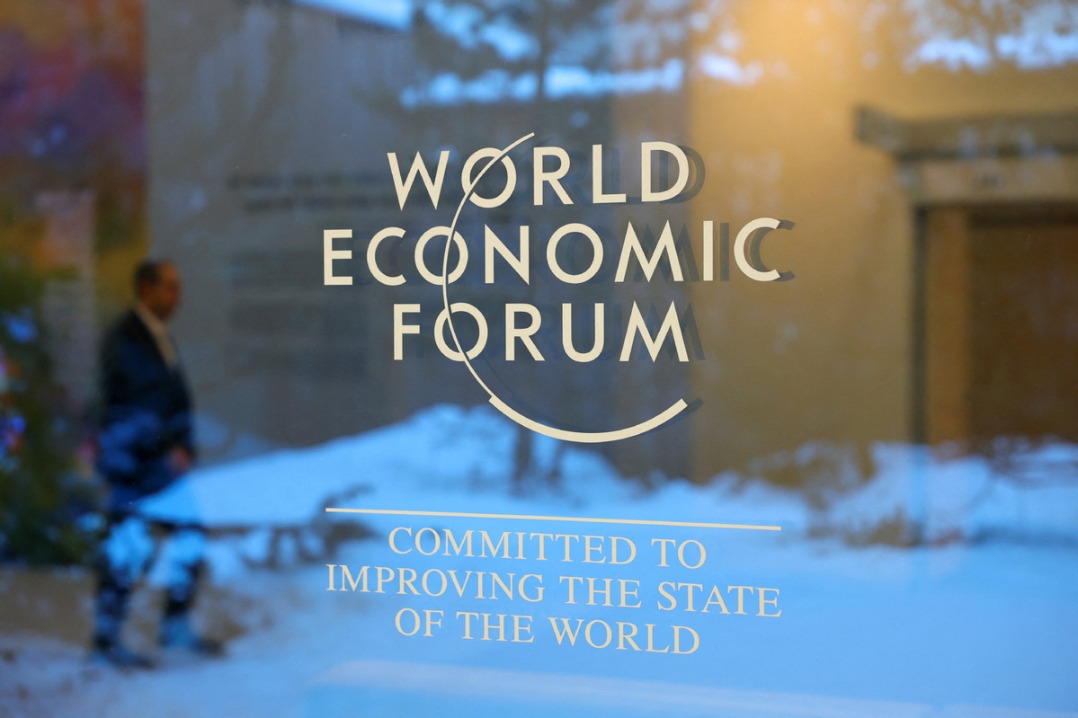Reform and opening-up still the way forward


The international economic order and governance rules established after World War II have promoted the world's economic recovery and booming globalization. In particular, the information revolution and the global deployment of multinational companies since the 1980s have greatly catalyzed the growth of investment and trade worldwide.
Multinational companies are the main driving force behind globalization. For example, about 70 percent of cross-border investment is done by multinationals, and two-thirds of international trade conducted by them. At the end of 2017, cross-border trade accounted for more than 33 percent of the global GDP.
Globalization includes three main elements, the first being the growing interconnection and increasingly interdependent trade and investment among world economies; the second is the increasing openness and uniformity of participating countries' domestic economic rules, including their financial, fiscal, investment and other macroeconomic policies; the third is an efficient international economic coordination mechanism, which coordinates the domestic macro policies of major powers and has thus becomes the cornerstone of global governance.
Obviously, the three elements not only verify that mankind is a community with a shared future, they also reveal that the realization of such a community requires each country to give up some policy and regulation jurisdiction to bring itself in line with the multilateral rules jointly formulated by world countries. Putting excessive emphasis on one's own interests while turning a blind eye to established multilateral rules usually leads to opposite results. That is because if every member of the world community is obsessed with unilateralism, the multilateral rules that underpin globalization will collapse, causing globalization to seriously retrogress.
China was a signatory to the General Agreement on Tariffs and Trade, the predecessor of the World Trade Organization, and due to its domestic regime change, it was a marathon process for China hold talks with WTO members and multilateral organizations and realize its WTO membership, during which China took big strides forward in opening its market and made huge concessions.
In the 17 years since its WTO accession, China has abolished related laws and regulations on a large scale so that it could better adapt to its WTO commitments in trade in goods and services, and the protection of intellectual property rights, during which it has had to make imaginable sacrifices. For example, in opening the domestic market and advancing its transformation from a planned economy to a market economy, a large amount of foreign goods and capital flooded into China, causing many domestic enterprises to go out of business at the cost of many workers losing their job, and fueling rising prices and an overloaded social security network. So, China's current performance is not the gift of a certain great power. While appreciating its accession to the WTO, China also abides by its WTO commitments and tries to bring business opportunities to all countries through its own openness and development.
Despite its remarkable economic performance achieved over the past decades, China is still a developing country in the primary stage of socialism and has a long way to go in advancing its reform and opening-up. But it should be acknowledged that although China's current openness is insufficient compared with its goal to being a socialist power, based on its national conditions and development stage, China has been actively and continually opening up its market in bilateral and multilateral areas since its accession to the WTO. In recent years, China has further implemented such multilateral initiatives as establishing pilot free trade zones and reducing import tariffs.
As a member of the WTO family, China keeps an attentive ear to the voices of any party for its further opening-up and also conducts feasibility studies on any proposals put forward for that purpose on a bilateral, multilateral and regional basis. China also has high expectations for further openness from the rest of the world. China adheres to the principles of fairness and nondiscrimination and is firmly opposed to unilateralism and any acts of bullying or the trampling on international norms by other countries.
The current economic and trade frictions between China and the United States are not only a result of the US' domestic politics and President Donald Trump's personal characteristics, but also due to global governance not keeping pace with the speed of globalization. The fundamental weakness of globalization is that a government is nation-based while the market is global-oriented.
From a global perceptive, the market economy of capitalist private ownership still dominates the world landscape and China will have to "dance with the wolves" for a long time. China's rise as a big power will inevitably break the established world economic balance. In this sense, economic globalization is conducive to establishing a new balance and helps other countries share the dividends from China's rise.
Therefore, China should firmly uphold rule-based globalization and oppose all kinds of pan-globalization and anti-globalization practices. In the face of the current economic and trade frictions with the US and its bullying behavior, a feasible strategic choice for China is to promote deeper reforms through greater openness, consult with developed economies such as the US or the European Union at a higher level, and discuss global governance rules and bilateral cooperation frameworks. There is no possibility of shutting the door and going backward.
The author is former minister of commerce. The article is part of his speech delivered to a recent forum of economists hosted by Fudan University.


































